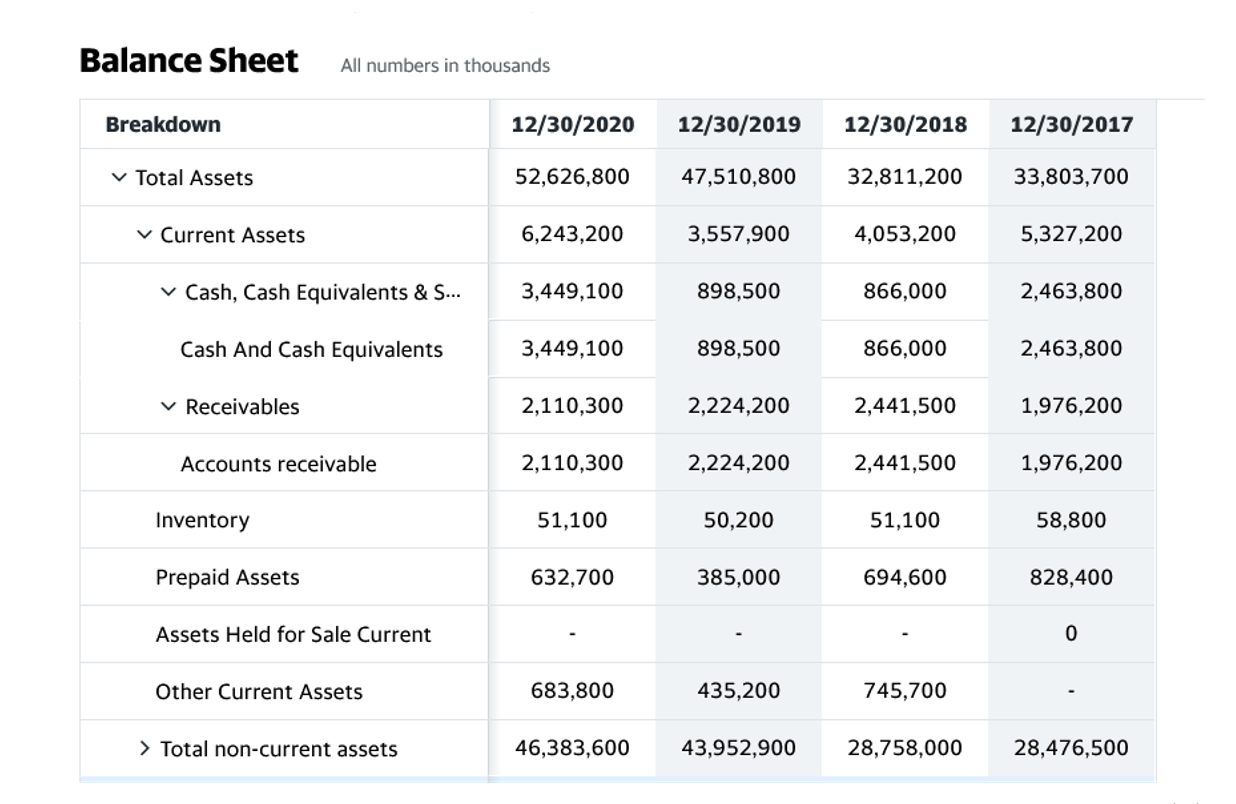
Using accounting software, running financial statements takes less than a minute, but the details in those reports can tell you a lot about your business. If you are running a SaaS startup, and you sell a 12-month contract to a client for $120,000 in January, on a cash basis you record $120,000 and that’s it. You don’t get any more revenue from that client for the rest of the year. That really doesn’t reflect reality, because you still need to deliver that service for the rest of the year. With accrual accounting, you would recognize $10,000 of that revenue each month.

Know Your Tax Credits

A report called Profit and Loss is created to show a business entity’s net income or loss in that particular accounting period. The journal entries are made from documents that contain financial information, such as receipts, bills, accounting and bookkeeping service for startups and invoices. It can be overwhelming, but learning the basics and deciding how to tackle your financial records early is essential. Startup accounting is an incredibly valuable, but tedious, aspect of running a startup.
If you’re a brand new startup, read this
While an accountant usually won’t be able to engineer these integrations themselves, they can walk you through the available solutions and help you choose a consultant to deploy them. According to the Chamber of Commerce, 62% of small businesses employ an in-house accountant, and 30% work with an external accountant. As a startup founder, https://www.bookstime.com/ you can either handle the accounting yourself or outsource it. There are plenty of tools available to help with accounting for startups. But you must pick one matching your business structure and accounting system. Financial statements give you an idea about your startup’s current financial standing and help you plan accordingly.
Accounting for Startups
A bookkeeper typically focuses on processing and recording transactions, including things like invoices, receivables, payments, and other essential functions. As your startup grows, you’re going to need a greater degree of accounting proficiency to create budgets, handle your financial statements, develop forecasts, and provide reports to your board. Raising capital or considering an acquisition means you’ll need skilled accounting practitioners to help you. Another major area where CPAs can be much better than a simple bookkeeper are producing tax returns – and interacting with tax authorities like the IRS or state tax agencies. CPAs are legally allowed to provide tax services above and beyond what other accounting professionals can do. Startups do accounting by implementing a range of financial management techniques, depending on the founders financial sophistication and time.
replica omega planet ocean,Super Clone Rolex watches,rolex replica.
- A strong understanding of your business’s financial health is essential to the success of your company.
- Startups are more successful when they can accurately budget and plan for growth.
- These partnerships keep us on the cutting edge of AI advancements.
- Kruze has helped clients reduce their burn rates by over $40 million through our work on this government incentive program.
- In the technology and biotech industries, early-stage companies that are playing for the big outcomes need to use GAAP accounting.
- The client has an obligation to pay the business for services rendered or goods sold.
What do startups use for accounting?

Many startups outsource their financial reporting and management functions, both to save money and to get professional accounting and finance services that would be difficult to locate and hire. As the company grows, management eventually hires the appropriate personnel and brings these financial functions in-house. However, with the current economic slowdown, some startups that may experience slower than projected growth are choosing to “re-outsource” their financials.

Financial statements

For growing businesses
- The term dates back to the olden days when business owners tracked finances in paper books.
- Another issue you may run into as a startup, particularly if you operate with a remote team, is complying with tax laws across multiple jurisdictions.
- Accounting for startups involves tracking the inflows and outflows of cash and summarizing this data into financial statements that can, later on, be used to analyze the business’ performance.
- We compared many US accounting services and found that the average cost is between $500 and $1.5k/month.
- Your accountant can help look at the “big picture,” examining how all your financials are interrelated and affect your company.
- She also regularly writes about business for various consumer publications.
